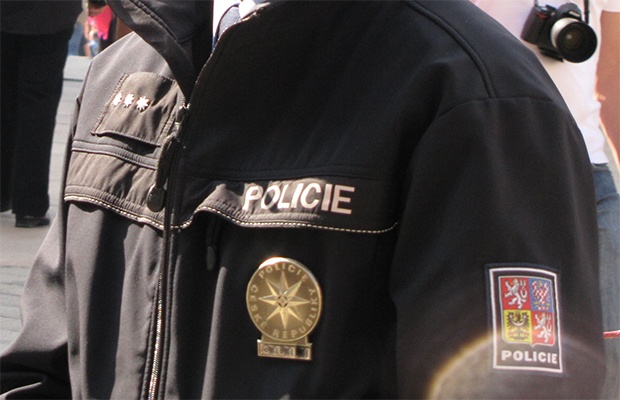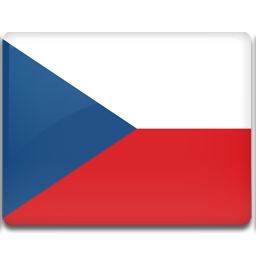Secure communications
The first adopters of the Pegas network were the Czech police. Today, it is in shared use with other organizations.
Shared network
The Pegas network now serves several critical user groups, including
- National police
- Municipal police departments
- The ambulance service
- Fire brigades
- Several army units.
The police still remain its most significant user organization.
Pegas history
The Czech officials first commissioned three regional Tetrapol networks in 1995 to replace the old analogue radio network. One of those three covered the capital city Prague, and the two others were set up in regions with high crime rates. The regional networks proved so valuable that officials decided to roll out a nationwide Tetrapol system.
In the old analogue networks, cooperation between agencies was a huge problem. There used to be much media criticism, with TV programmes showing police and fire officers unable to communicate during an incident. Pegas solved this issue.
Valuable in exceptional circumstances
In addition to providing critical communications to its users every day, the Pegas network is valuable during major incidents. It also helps secure special events.
Examples of extremely demanding events and incidents are:
- The International Monetary Fund (IMF) meeting in Prague in 2000
- Prague's worst flooding in 500 years in 2002
- The NATO summit in 2002
- START 2 meeting (Obama-Medvedev summit) in 2010.
Facts and figures
Pegas provides voice and data services to around 30,000 users.
The network comprises:
- 42 switches
- 221 base stations (380-400 MHz)
The network is based on Tetrapol technology and it has been in operational use since the year 2000.
Pegas helps ensure the safety of the 10,200,000 inhabitants in the Czech Republic.
Segment
Region
Europe
Country
Share this story




